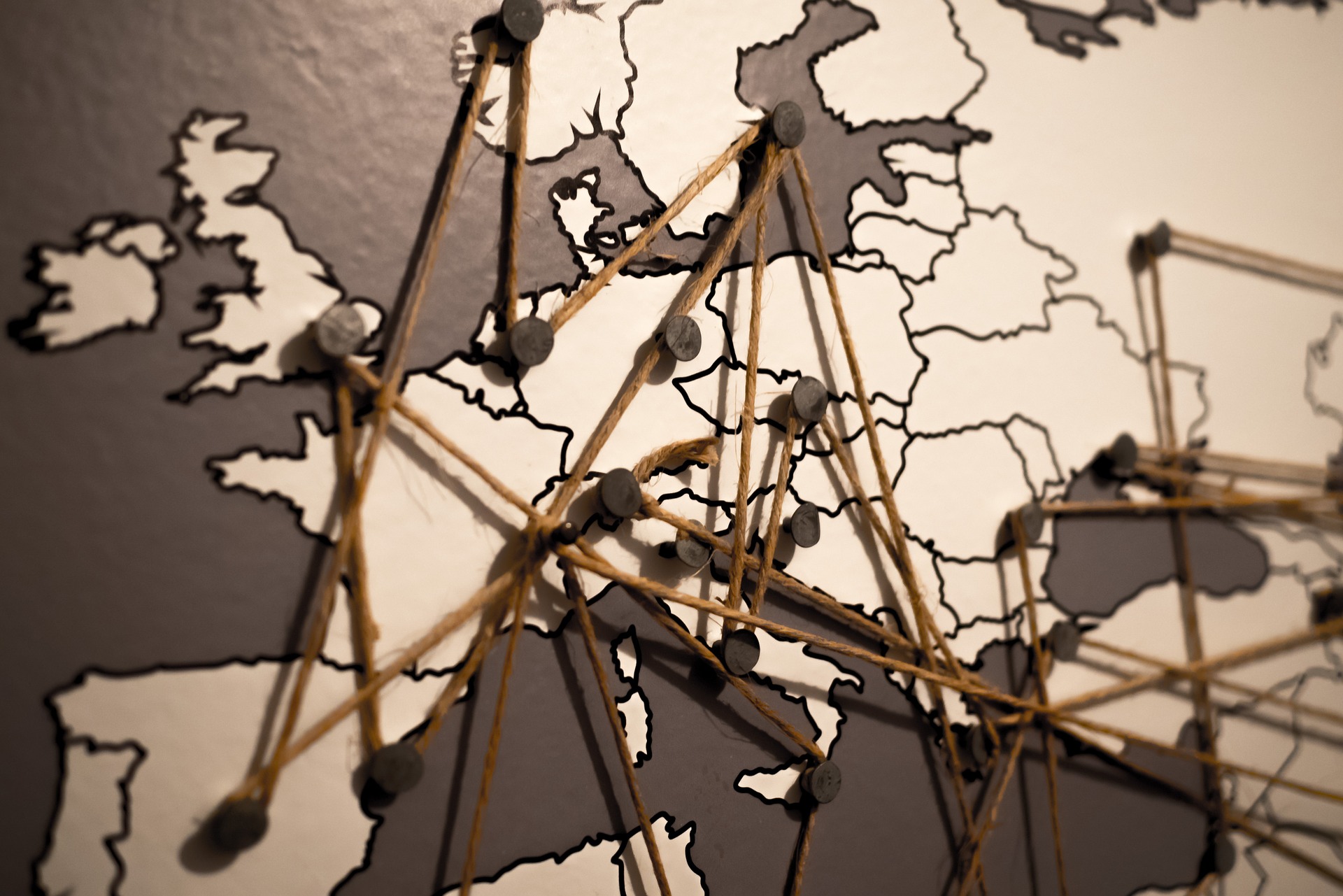TIRANA, March 10
Albania is among the countries that are now reporting cases of COVID-19. Like many other countries, authorities introduced new travel restrictions. Thus all flight and ferry services between Albania and Italy are suspended. Travel restrictions have changed often and quickly during the last 24 hours, hence those who consider traveling from or to, or transiting through destinations with cases of COVID-19, other than Italy, must take a few measures to minimize the risk of exposure or even to reconsider their need to travel.
Before you travel
- It is prudent for travelers who are sick to delay or avoid travel to affected areas, in particular for elderly travelers and people with chronic diseases or underlying health conditions.
- Read the travel advice for your destination, and for the countries, you need to transit through to get there and get home.
- Check with your travel agent, airline, ferry operator, accommodation provider, and travel insurance provider to consider your options regarding any potential changes in services.
- Understand the risks you’re taking and that efforts to control the spread of COVID-19 may cause further travel disruptions and restrictions.
- Remember that entry, exit and transit conditions can change at short notice.
While you’re away
To minimize your risk of exposure:
Practice good hygiene to protect against infections. Good hygiene includes:
-
- washing your hands often with soap and water
- using tissues and covering your mouth when you cough or sneeze
- avoiding close contact with others, particularly if they are unwell
- read more about protective measures against coronavirus on the World Health Organization website.
- monitor your health closely. If you develop symptoms (fever, a cough, sore throat, tiredness or shortness of breath), arrange for an urgent assessment
- you need to isolate yourself to prevent it from spreading to other people
- follow the advice of local authorities
- Refrain from touching mouth and nose;
- A medical mask is not required if exhibiting no symptoms, as there is no evidence that wearing a mask – of any type – protects non-sick persons. However, in some cultures, masks may be commonly worn. If masks are to be worn, it is critical to follow best practices on how to wear, remove and dispose of them and on hand hygiene after removal (see: WHO-advice on use of masks )
- However, if you are traveling in an affected country, you must follow the advice of local authorities.
- Travelers returning from affected areas should self-monitor for symptoms for 14 days and follow national protocols of receiving countries.
Source: WHO

Leave a Reply
You must be logged in to post a comment.